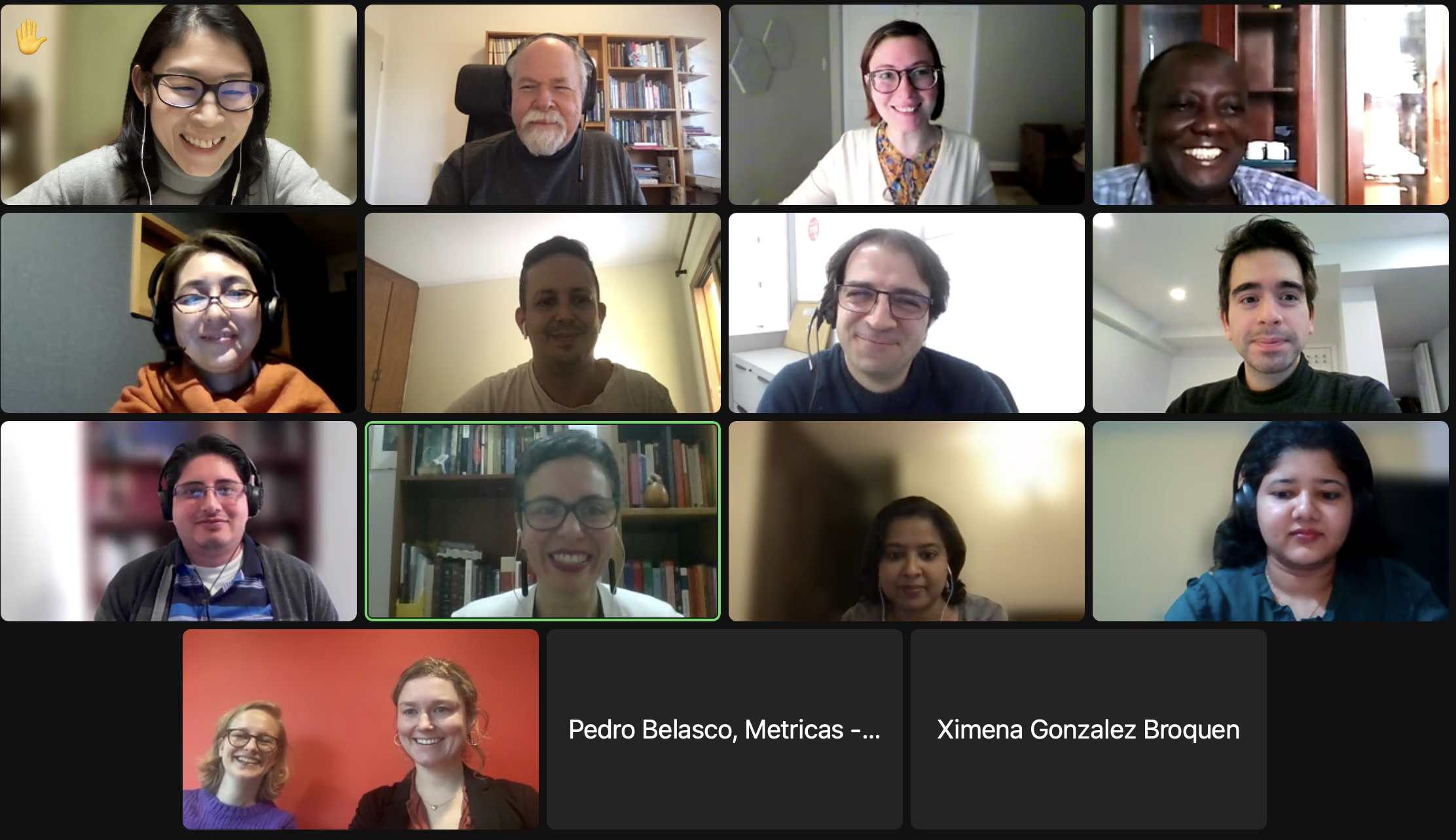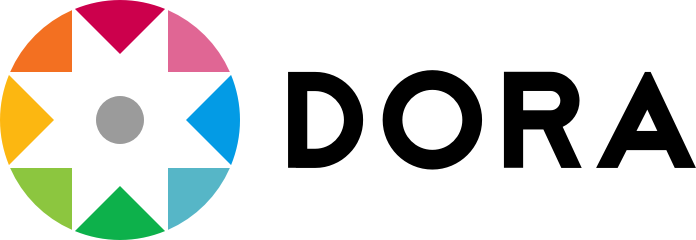DORA Community Engagement Grants and the Kickoff Meeting (Tuesday 1 March 2022)
03.11 (Fri)2022
On Tuesday, March 1, URAs at KURA, Private: FUJIKAWA Futaba and Private: SASAKI Yu participated in a kickoff meeting of the DORA Community Engagement Grants, which support a broad range of ideas to promote assessment reform.
After its release in 2013 as a set of recommendations to improve the ways in which the output of scientific research is assessed and its transition into an international initiative in 2018, DORA (San Francisco Declaration on Research Assessment) *1 has evolved to be a worldwide initiative to support and facilitate research assessment reform.
A call for the Community Engagement Grants was made at the end of 2021, and 10 projects in 9 countries with diverse approaches to improving research assessment have been selected. The proposal of a workshop on “Responsible Research Assessment (RRA)” submitted by the Japan Inter-institutional Network for Social Sciences, Humanities, and Arts (JINSHA)*2, in which members of the Humanities and Social Sciences group at KURA participate, is one of the 10 selected projects. Other awardees are institutions and individuals from around the world, including Uganda, Australia, India, the Netherlands, and Argentina, Brazil, Colombia, and Venezuela.
In the kickoff meeting the DORA program office and awardees met to get to know each other and the projects. A prospect for building a community of awardees to learn from each other’s experiences was also suggested in the meeting.
With the support of this grant, JINSHA will hold a workshop in June 2022. Based on the previous activities*3 on research assessment as well as the most recent seminar on RRA on March 16, 2022, the team will continue and further develop discussions on Responsible Research Assessment and research output analysis.
*1 San Francisco Declaration on Research Assessment, DORA:
The declaration was developed by mainly a group of editors and publishers of scholarly journals who met during the Annual Meeting of The American Society for Cell Biology (ASCB) in San Francisco, CA in December 2012. The recommendations outlined in the declaration point out the limitation of journal-based-metrics such as Journal Impact Factor, the need to assess research on its merits, diverse values, and influences. In addition to General Recommendation, recommendations are categorized for different groups such as funding agencies, institutions, publishers, organization that supply metrics, and researchers.
*2 The Japan Inter-Institutional Network for Social Sciences, Humanities, and Arts (JINSHA):
A network of university research administrators (URAs) and staff of currently 13 universities. Main activities of the network include annual forums and workshops.
*3 Examples of activities on research assessment between JINSHA and the KURA’s Humanities and Social Sciences Support Program:
-The 4th Humanities and Social Sciences Research Promotion Forum, Envisioning the Future of Humanities and Social Sciences: Research Assessment for Academic Advancement, March 16, 2018
-The 6th JINSHA Workshop, Research Assessment for Academic Advancement: Insight for the Future of Research Assessment, July 26, 2019
-The 5th RAMAN-J Annual Conference, Research Assessment for Academic Advancement: Responsible Metrics and What URAs Can Do, September 3, 2019
-The 9th JINSHA Workshop, Responsible Research Assessment (RRA): Discussing the Role of RRA in Universities and Research institutions, February 5, 2021
-INORMS 2021, Responsible Metrics and Multilingualism: A Review of Evolving Asian Perspectives, May 2021

The kickoff meeting of Community Engagement Grants (1 March 2022)












